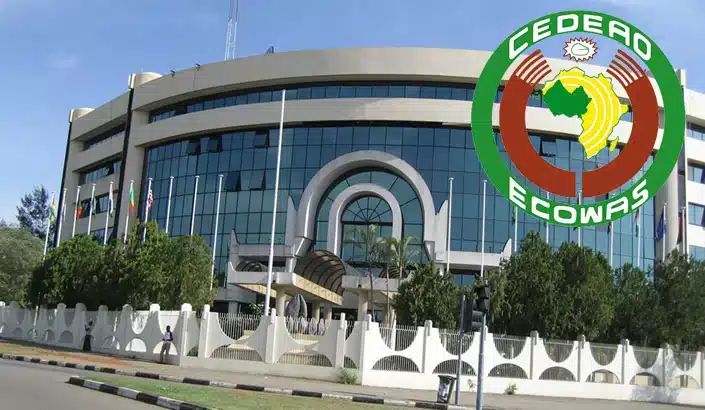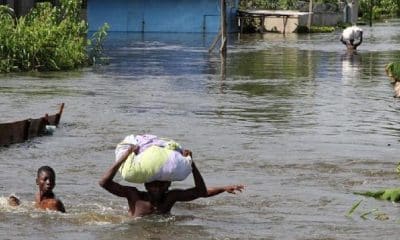Nigeria News
ECOWAS Plans Regional Resilience Strategy To Confront Crisis

The Economic Community of West African States (ECOWAS) has announced plans to create a regional resilience strategy that includes efficient coordination and effective early warning systems to tackle regional crises.
Naija News reports that the Director-General of the National Emergency Management Agency (NEMA), Mustapha Ahmed, announced this on Tuesday during a consultation workshop with stakeholders from the region in Abuja.
The United Nations Development Programme (UNDP) workshop in Nigeria brought together participants from ECOWAS Member States.
Ahmed highlighted that ECOWAS member states have faced various disasters, crises, and conflicts threatening normal life, livelihoods, and sustainable economic growth and development.
The Director-General of NEMA said, “There is no doubt that there is a compelling need to develop a regional resilience strategy with efficient coordination and effective early warning systems for West Africa.
“This will guide anticipatory actions to support the deployment of qualitative and quantitative data for risk-informed decision-making to guide development programme implementation.
“It is imperative for the region to leverage its rich natural and human capital for smart investments to meet its future aspirations.
“Nigeria, on its part, has strived hard to weather the storm in the face of extreme weather events coupled with conflicts over dwindling land and water resources powered by climate change phenomena and demographic dynamics.”
He stated that the primary disaster risk profile of West Africa has posed a significant threat to the region’s efforts to meet essential global and continental initiatives, such as the Sustainable Development Goals (SDGs) 2030.
The head of NEMA mentioned that to address this issue, ECOWAS has introduced initiatives such as the Sendai Framework for Disaster Risk Reduction (SFDRR) 2015-2030, the African Agenda 2060, the African Union Programme of Action (AUC-PoA), and the African Continental Free Trade Area (AfCFTA) treaty as possible solutions.




